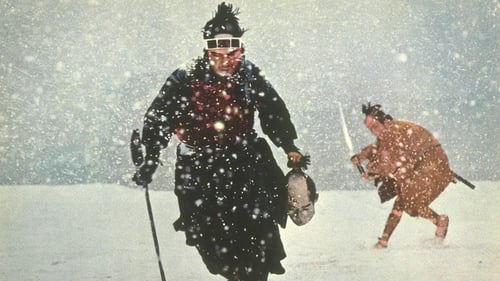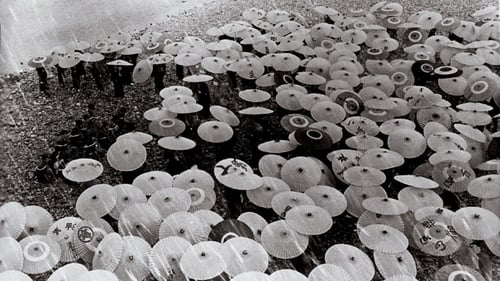
A criminal syndicate wants detective Onihei dead, but the resolute hero proves to be hard to kill.

Eiji Furuuchi
This anthology film consists of nine incidents in the late 19th and early 20th centuries when assassins changed the course of Japanese history.

Ono
富山県黒部川上流に関西電力が建設する第四発電所。現場責任者には北川が任命され、資材運搬用のトンネル掘削は熊谷組が担当することになった。熊谷組の岩岡源三の息子である剛は父の強硬なやり方に反発し設計技師となっていた。現場に赴いた剛はそこで体力が衰えてしまった父と、熱心に工事に打ち込む北川の姿を見て、工事に参加することにする。やがて工事現場では山崩れが起こり大量の水が流れ込んだ。北川は自分の娘が白血病に冒されたことを知るが、工事現場を離れることができなかった。

Otojirô Kôno
Assassination begins with the events of 1853 when "four black ships" anchored at Edo Bay, sparking civil unrest and the major political manoeuvring that saw the end of the Tokugawa Shogunate. At a time when assassination had become a disturbing political tool, Shinoda's film follows Hachiro Kiyokawa, an ambitious, masterless samurai whose allegiances drift dangerously between the Shogunate and the Emperor.

Sadako, cursed by generations before her and neglected by her common-law husband, falls prey to a brutal home intruder. But rather than become a victim, she forges a path to her own awakening.

Fusakichi's mother
School teachers responsible for the lives of their students work to evacuate Allied bombings near the end of WWII.

Junai Monogatari AKA Story of Pure Love is about two poor youths, Mitsuko and Kando, rebelling against society in various ways, who are desperately trying to be together despite tortuous circumstances. The film depicts their lives as thieves, menial laborers who can get little pay, society outcasts, and of course, lovers. Junai Monogatari depicts, mostly, their struggles within the Japanese reformatory system and Mitsuko's worsening sickness.





